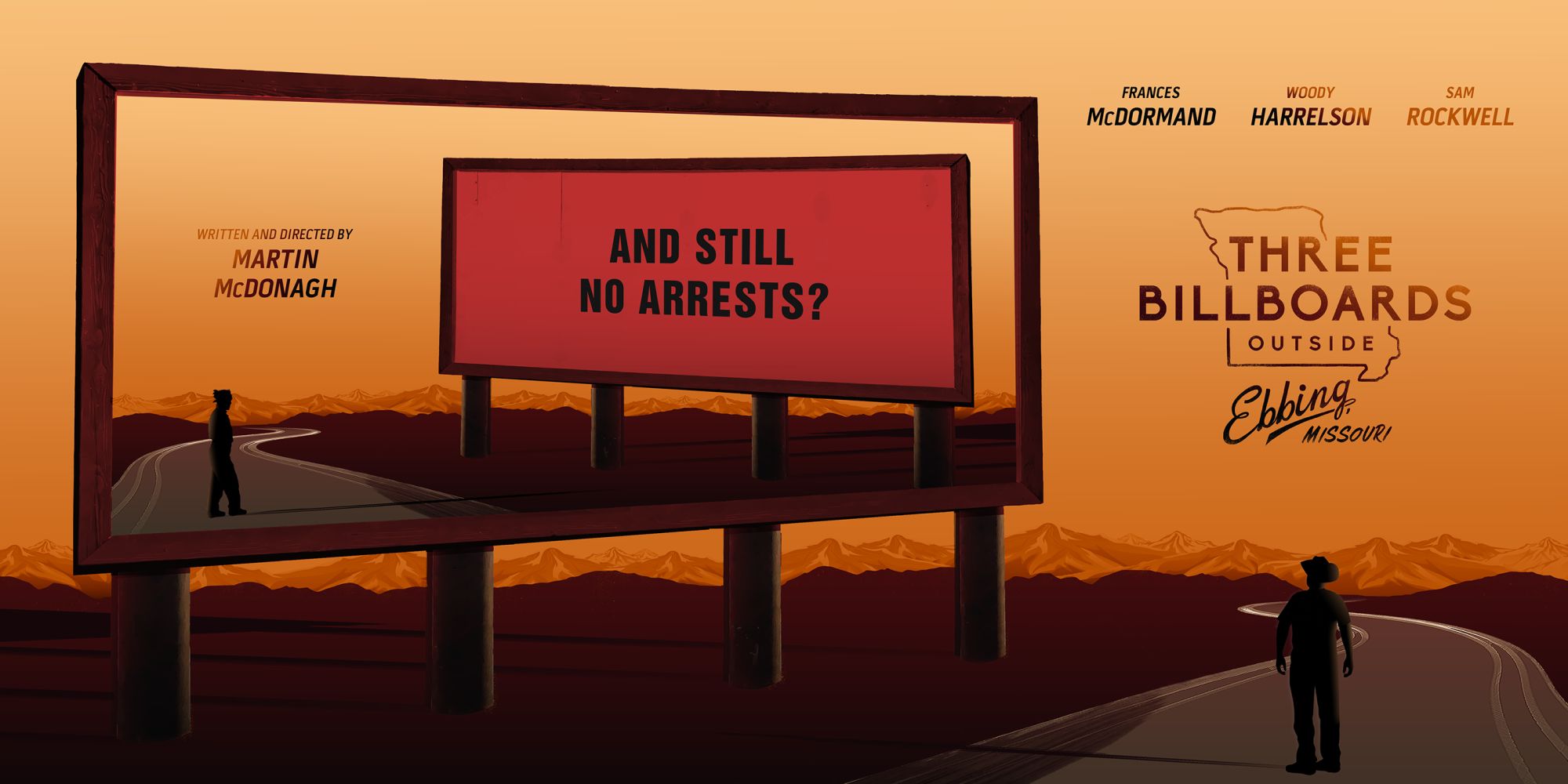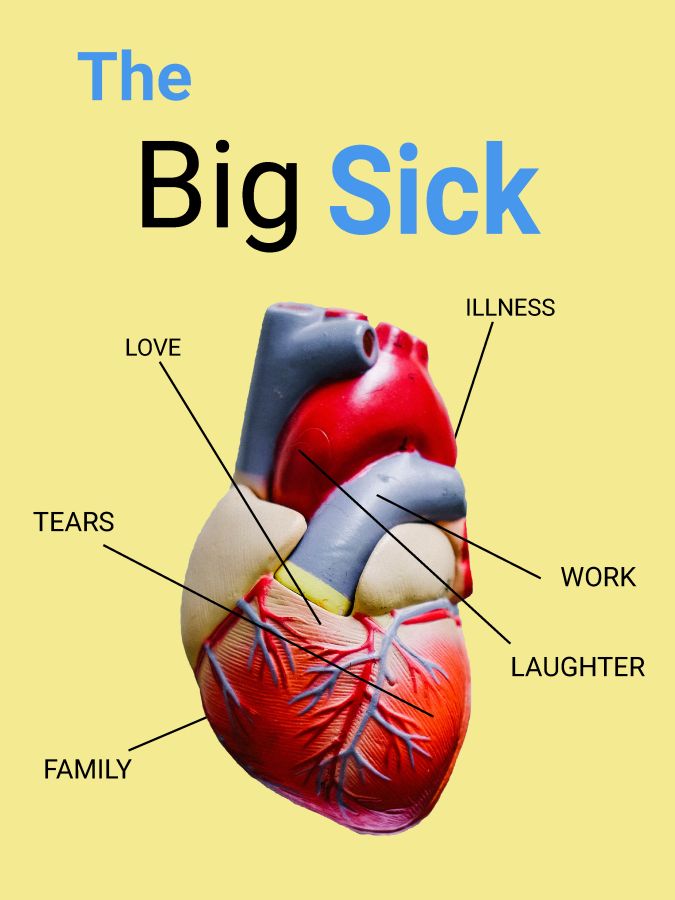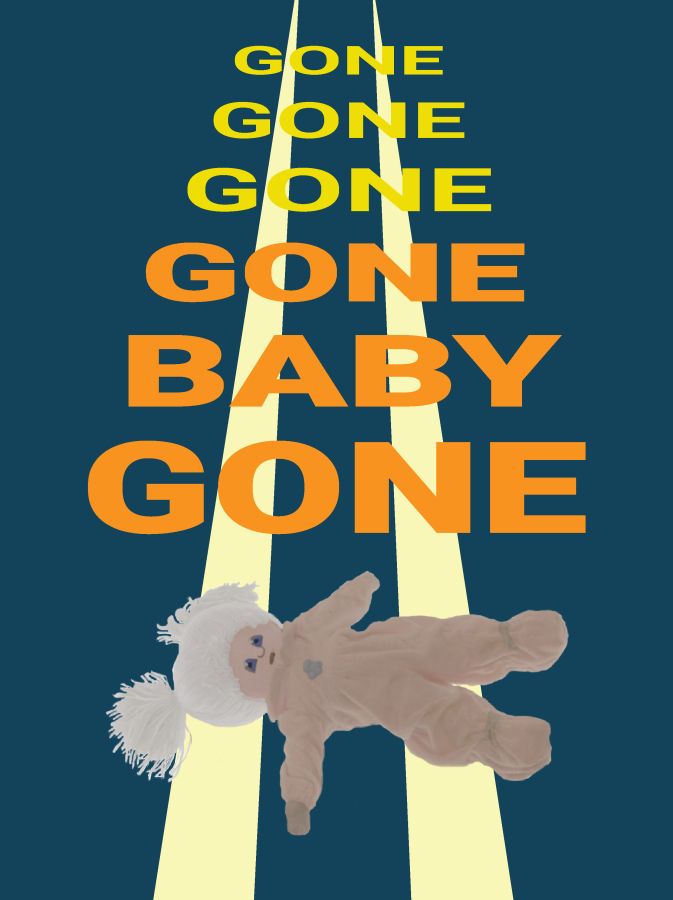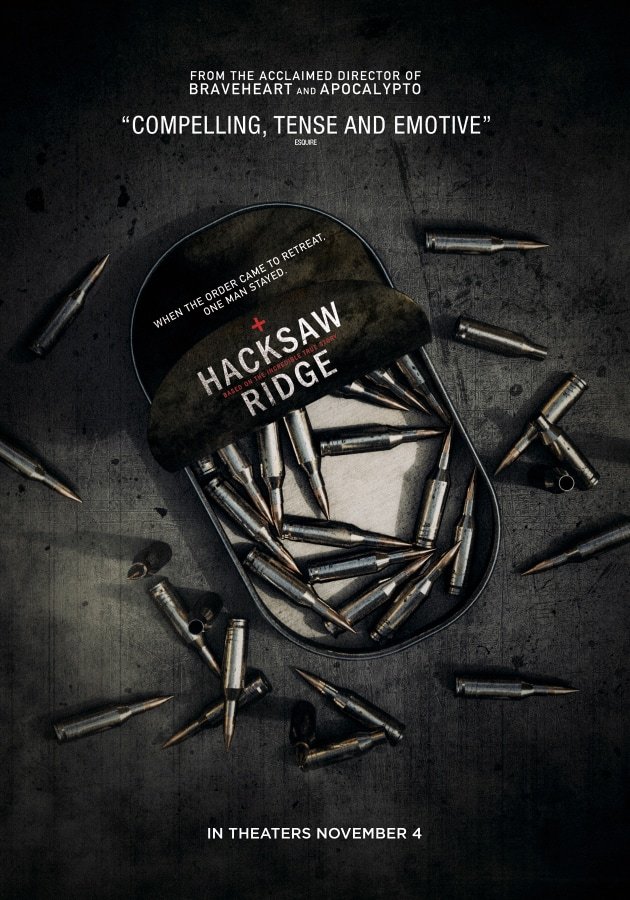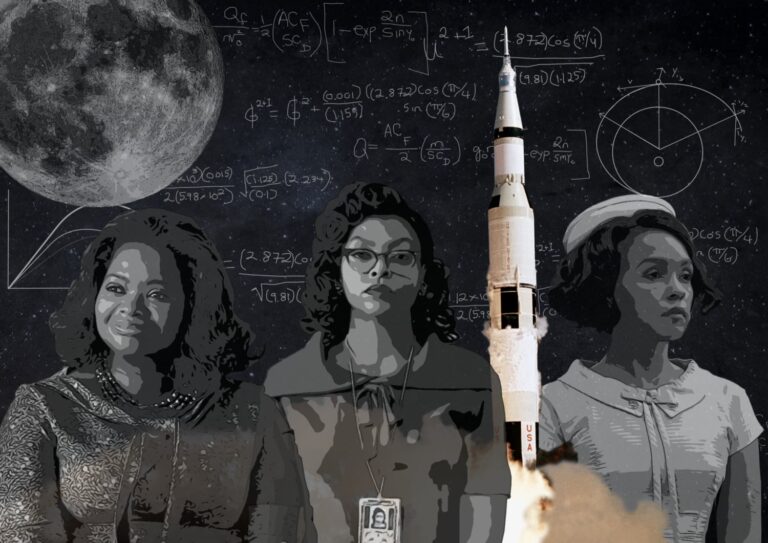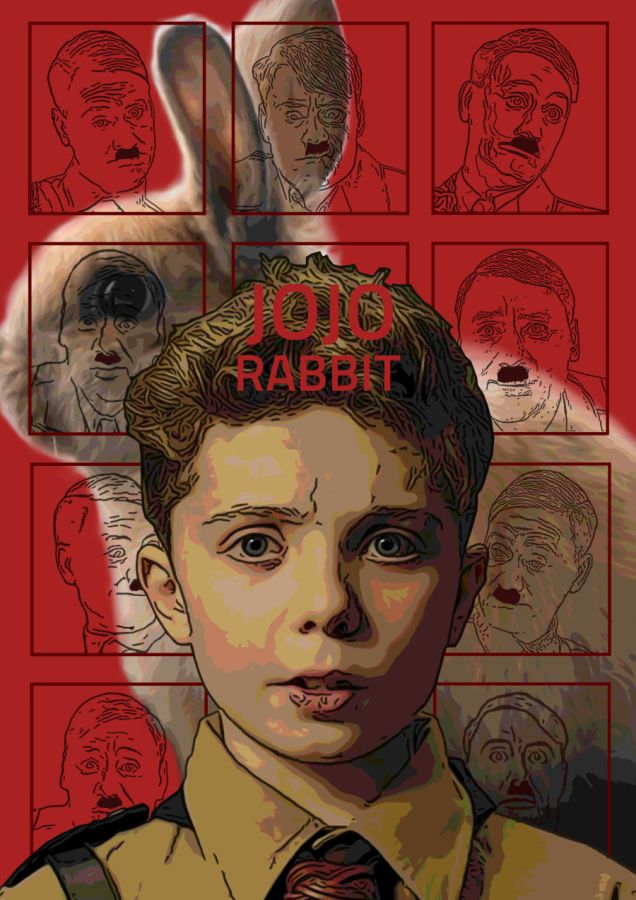A dark subject matter that dances with brilliance, moving between comedy that will make you laugh until the tears run dry, whilst being gut-wrenchingly powerful on the subject of loss and grief that can be all too consuming. Three Billboards Outside Ebbing Missouri opens up on three billboards that are tired, old and abandoned, much like Mildred Hayes has felt since her daughter Angela was raped and murdered. And with no suspect, or new leads, Mildred feels the local police have turned their backs to her case – it being too difficult for the racist and homophobic cops to solve – and with it so has the town, but she won’t let them.
Struggling in where to put her grief and anger, Mildred (Frances McDormand) strikes out with her clever mind and hitting words, in a gut punch to the local police Chief Willoughby (Woody Harrelson) by renting the three abandoned billboards with her own advertising slogans – each culminating together to demand that her daughter’s case not be ignored, for her not to be ignored. Although not based on real-life, its inspiration was, with Martin McDonagh the writer and director of the movie, being deeply moved by the real-life story of the billboards in Vidor (Texas), and one’s that like the film commented on the last moments of a victim’s life and the incompetence of the local police force. Understandably the story played on in McDonagh’s mind for years, culminating in the deeply moving Three Billboards Outside Ebbing Missouri.
Outrageously comedic, Three Billboards Outside Ebbing Missouri is still poignantly sad in facing death and loss, the film keeping a healthy balance between the two so that it never becomes too much. Even the billboards with their accusing words are cathartic – they give Mildred a place to release her tensions, their shadow falling over the place where her daughter died.
Still, Three Billboards Outside Ebbing Missouri is an angry comedy using every swear word imaginable and in such a way that it skips the swear-jar and heads straight to the bank, cashing it in to make a film as memorable as the comebacks Mildred has lined up at her enemies. Her revenge and anger having blinded her – she hates men, and can’t stretch her sympathy or empathy across to anyone but herself and her daughter. But you never blame her for this. Frances McDormand captures Mildred’s grief beautifully; offering a character whose disquiet is brought on by a guilt she’s fighting. Her rage always bubbling away at the thin surface of restraint that’s easily and often broken. Mildred being a mother with nothing to lose.
Except Mildred does have something to lose – her son Robbie (Lucas Hedges), who she fails to see at times, especially in acknowledging his grief. Hedges plays brilliantly against McDormand’s Mildred, the overhanging silence between their characters hinting at a relationship that’s strained, while their quick positioning of action stations when a violent ex returns, tells of a love between them, but also the less than picture-perfect upbringing. It’s what they don’t say in the film that translates best to the viewer.
There’s no shortage of interesting characters in the movie, each one showing a part of what makes up an American town, with the film primarily focusing on Mildred, Chief Willoughby and momma’s boy, Officer Dixon (Sam Rockwell) – who encompasses everything wrong in the American police force. But with such strong leads, the film’s endless wealth of side characters are not tapped into – for there just isn’t the time. Greedily however, I would’ve loved to have seen more of; James (Peter Dinklage) who’s the butt of the town’s jokes while refusing to do the same to others; Jerome (Darrell Britt-Gibson) who seems to have a delicious sense of comedic irony; and Welby (Caleb Landry Jones) who has an eye for business that clashes with his somewhat idiotic manner, along with a sweet-natured kindness that’s at odds with others. This oddity is a major selling point of the movie, no one seems to be truly sane, and why would they want to be in such an insane world?
The film also provides a socio-political commentary on America, from a passing mention of economic strains, the fickleness of the media – as they switch their opinions in what makes a good story – to sexism, racism, and homophobic attitudes that are still in existence, and especially within the police:
“If you got rid of every cop with vaguely racist leanings, then you’d have three cops left, and all o’ them are gonna hate the fags, so what are ya gonna do, y’know?”
The film portrays a police brutality that’s easily dished out to others, while defending and protecting their own above everyone else. They’re certainly not the heroes of the film, but then no one is. Even the new officer Abercrombie (Clarke Peters) – who’s better than most – watches on as a policeman acts out his grief in a fit of rage before slowly walking to check on the victim.
However, what the film really focuses on is the deep and cutting effect loss can have on a person, from Mildred (mother of a murdered daughter) to the Chief (a husband and father facing loss), and Dixon (a lonely individual, who later grieves not just for a friend, but at the loss of living a morally better life). Despite the harm they do to one another, and to others in the film, there are beautiful moments of forgiveness, especially in a pairing that were seemingly at opposite ends. This ability to turn around and do good is repeated elsewhere in the film, as is the point of forgiveness – both of others and of the self.
McDonagh’s film is a triumph, with the director knowing how to tease the audience along, for example in the first show of the billboards they’re read backwards in order – the audience left waiting for the final reveal, and even then, it’s Dixon’s shock and surprise that hits. Although it’s not a crime-thriller, it never loses that feel of keeping you on the edge of your seat, the film’s predominant exploration of grief and its relating themes of rage and forgiveness, keeps a tension and an unpredictable nature of the characters. In its well-delivered ending, we’re forced along with the characters to face a reality of truth – that we don’t always get the justice we want or deserve. But in Three Billboards Outside Ebbing Missouri I certainly got a film I never knew I needed, and one that has become a firm favourite.
Director & Writer: Martin McDonagh
Other notable works:
- Seven Psychopaths 2012
- The Guard 2011
- In Bruges 2008

